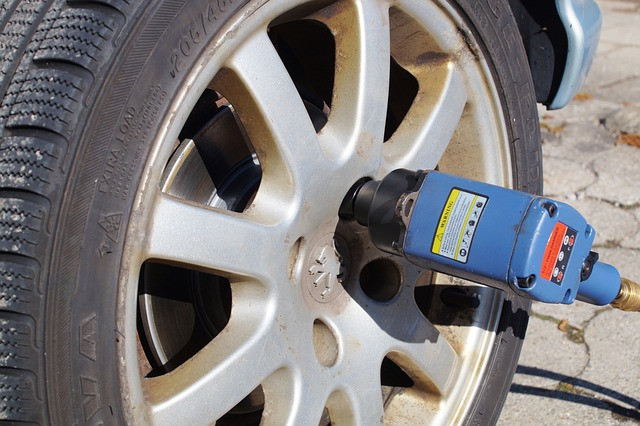The Pros and Cons of Pneumatic Tools
Not all power tools are electric. While many of them are, in fact, powered by a battery or a corded connection to a wall outlet, others use compressed air. Known as pneumatic tools, they are commonly used in the workplace. If you're thinking about buying a pneumatic tool, though, you should familiarize yourself with their pros and cons.
Pro: Powerful
Pneumatic tools are incredibly powerful. Some of them can produce as much as 100 pounds per square inch (PSI) of pressure. When compared to other types of power tools of similar size, pneumatic tools come out on top in terms of power. So, if an electric power tool isn't cutting it, you may want to switch to a pneumatic power tool.
Pro: Lightweight
Pneumatic tools are lightweight. They weigh less than many other types of power tools. There are gas-powered tools, for instance, that almost always weigh more than pneumatic tools. Gas-powered tools run on gas. They feature a built-in gas tank as well as a combustion motor. Pneumatic tools don't require these components, allowing for a lightweight design.
Pro: Portable
You can easily carry and move pneumatic tools. They are small and lightweight, which makes them portable. Other types of power tools are less portable. You may struggle to move them. This isn't a concern with pneumatic tools thanks to their small and lightweight properties.
Con: Requires an Air Compressor
On the other hand, you'll typically need access to an air compressor to operate a pneumatic tool. Pneumatic tools are characterized by their use of compressed air. You'll need to connect an air compressor to a pneumatic tool. Otherwise, the tool won't produce compressed air, nor will you be able to use it.
Con: Noise
Another disadvantage of using pneumatic tools is the noise. They are louder than many other types of power tools. Electric power tools run almost silently. Pneumatic tools, in comparison, are relatively loud. If you're going to use a pneumatic tool, you'll need to wear noise-canceling headphones or earplugs.
Con: Maintenance
All power tools require maintenance, and pneumatic tools are no exception. To make them last, you'll have to maintain them. Maintenance may involve oiling or lubricating bearings, changing blades, replacing filters and more. You can refer to the pneumatic tool's owner's manual for more information on how to maintain it. Nonetheless, nearly all pneumatic tools require some form of maintenance.
Recent Posts
-
Fire Safety in the Workplace: What You Need to Know
What steps are you taking to prevent fires in your workplace? According to the U.S. Occupational Saf …Aug 23rd 2023 -
Is It Safe to Go Jogging With a Cold Infection?
If you're suffering from a cold infection, you might be wondering whether it's safe to go jogging. T …Aug 22nd 2023 -
5 Safety Tips to Follow When Using a Powder-Actuated Tool
Powder-actuated tools are commonly used to join materials to steel and concrete. Also known as Hilti …Aug 20th 2023




